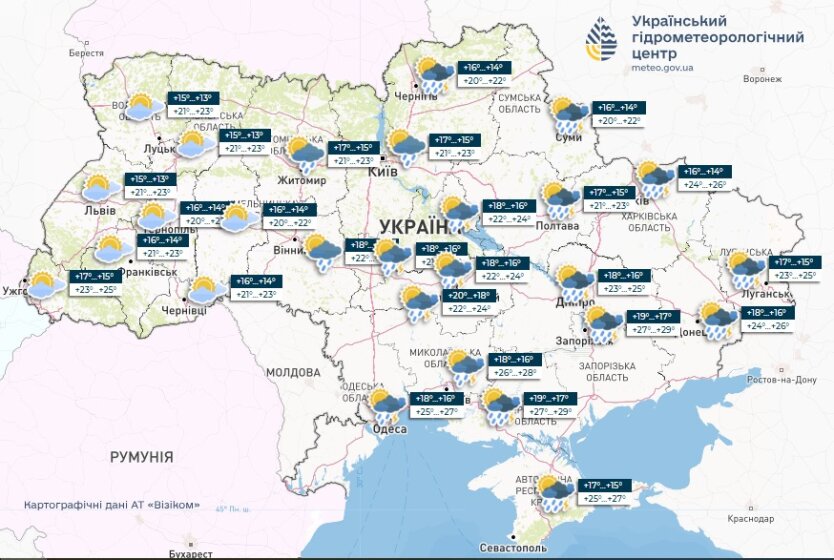Germany may sharply reduce payments to Ukrainians: what's the reason.


Germany plans to cancel aid for Ukrainians who do not have jobs.
General Secretary of the German opposition party CDU Carsten Linnemann stated this in an interview with Funke, published by DPA.
As a result of the conflict with Russia, many European countries, including Germany, are accepting Ukrainian refugees. Over the past two years, German society and political circles have begun to discuss the consequences of such a policy.
Linnemann supports the idea of canceling state aid for unemployed individuals, particularly Ukrainian refugees.
«Six-figure numbers of people simply do not want to work,» he noted. «Therefore, they cannot be incentivized to seek work by reducing social benefits... It is important to completely cancel basic income support».
Linnemann also discussed that in many European countries over 50% of Ukrainians have jobs, whereas in Germany only 25%. He believes this indicates a lack of incentives from the government to encourage refugees from Ukraine to work.
«The Ukrainians are also defending our freedom. But if there is a benefit, it must be mutual. This also applies to employment,» Linnemann said.
According to DPA, the federal government of Germany plans to introduce stricter rules to motivate social benefit recipients to engage in work. Among the measures, responsibilities for refusing work and illegal employment will be punished by reducing aid.
It is worth noting that Poland has shown Ukrainians services for finding temporary work.
Read also
- Ukrainians' Favorite Berry Becomes Cheaper: What Will Happen to Prices Next?
- Russian drone attack on Odesa: a couple killed, 14 injured, including children
- The vehicle will be added to the database: TCC has started working with vehicle owners and may send summons
- The weather will suddenly turn worse on the weekend: The Hydrometeorological Center has issued a warning
- Fuel stations 'forgot' to lower prices: oil is getting cheaper, while Ukrainians overpay for gasoline
- Nova Poshta announces massive layoffs: what is known about the company's plans










